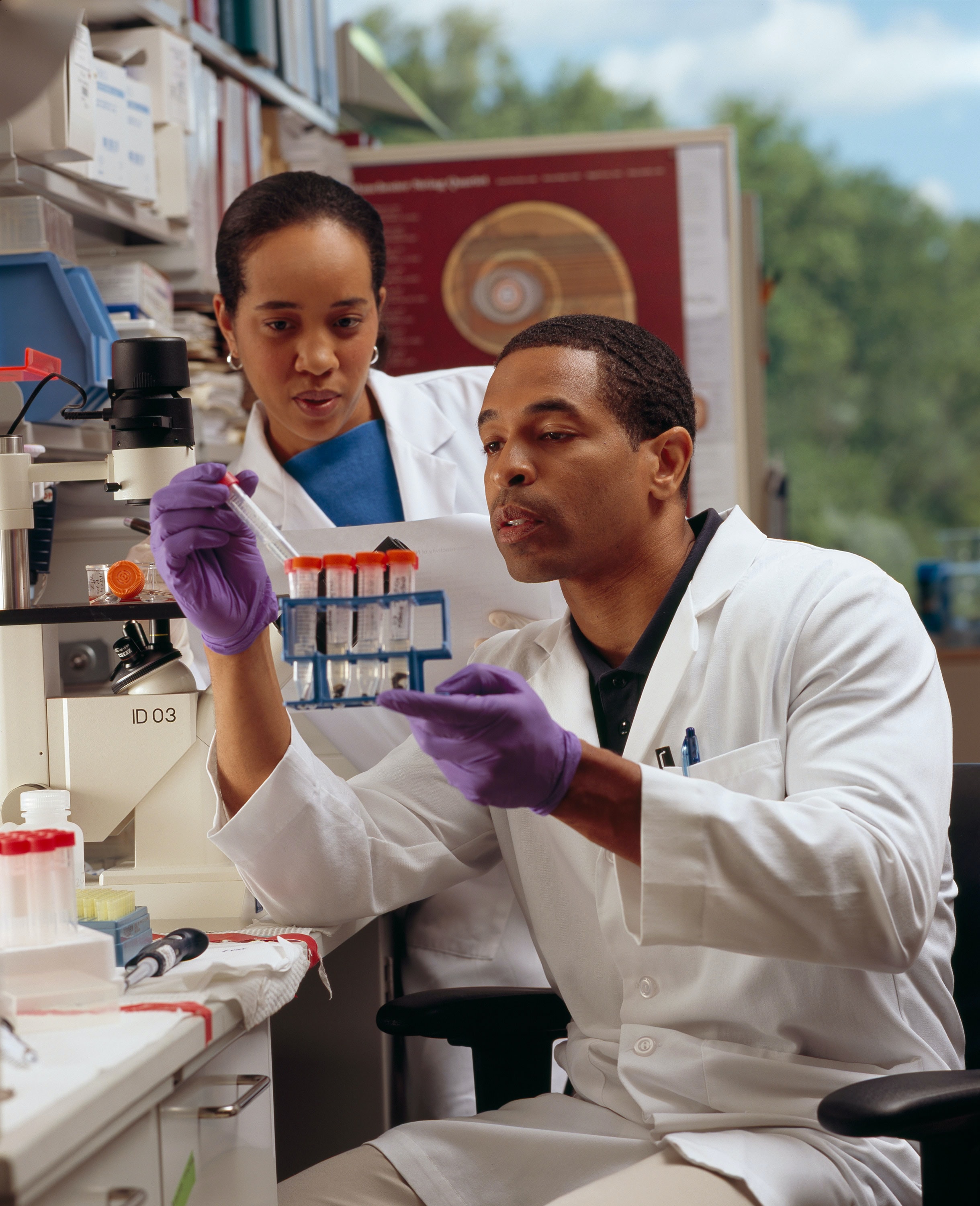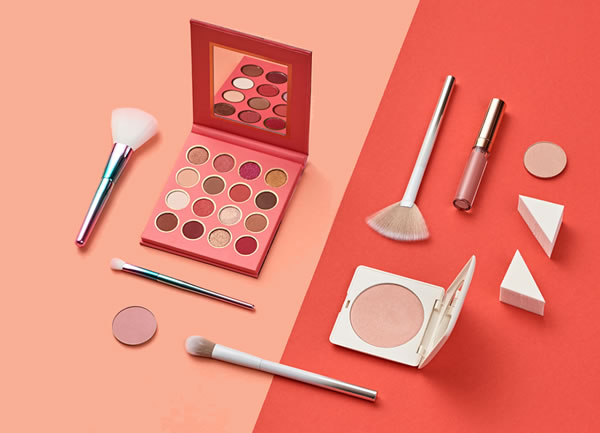If you saw BBC’s Morning Live on Friday 19 November, you may now be questioning the reliability of claims made by cosmetic products, and even the safety of the ingredients in the cosmetics and personal care products we use every day. At CTPA, we understand that these reports can be worrying, so we want to let you know the good news that cosmetic products in the UK must be safe to use, and will always be safe. This is guaranteed by strict UK laws, which cover both safety and the truthfulness of claims made about the products.
Cosmetic products and their ingredients are safe
 We don’t need Apps to tell us which ingredients we should and shouldn’t look out for to help us avoid harmful ingredients. This is because all ingredients in cosmetics and personal care products are safe.
We don’t need Apps to tell us which ingredients we should and shouldn’t look out for to help us avoid harmful ingredients. This is because all ingredients in cosmetics and personal care products are safe.
All cosmetic products sold in the UK are regulated by strict UK legislation, which includes bans and restrictions on certain ingredients, so you won’t find ‘toxic’ or harmful ingredients in your products. The most important purpose of these laws is to protect our safety when we use cosmetics.
All ingredients in cosmetics and personal care products undergo much research, carried out by both industry expert scientists and independent scientists reporting to authorities across the world, before being introduced to the market. Scientific studies conducted by company scientists are no less trustworthy than those carried out by independent scientists. Company scientists are highly skilled and well-respected professionals who are passionate about advancing cosmetic science and making sure that we can all use the benefits. The studies are often published in academic journals, before which they will go through an independent peer-review process. After all, companies want to ensure that their products deliver on their promises – no company wants disappointed customers.
Also, every single cosmetic product must be approved by a safety expert before being sold. This safety assessment looks at the wealth of science behind the ingredients, who uses the products, how they are used and how often over a lifetime. Once on sale, companies continue to monitor consumers’ use of their products, for example by recording and monitoring any adverse reactions, as well as reviewing any new science that becomes available to confirm a product’s ongoing safety.
Cosmetics safety does not need animal testing
In 2013, the full ban on testing cosmetic products or ingredients on animals, anywhere in the world, and then selling them within the UK and EU, came into effect. However, the cosmetics industry had already been working to replace animal testing long before this time. The cosmetics industry has invested its best scientists and millions of pounds towards developing alternative test methods, which don’t require animals. Thanks to this enormous contribution, we are a leader in this field and have had a dedicated strategy for new testing methods for over 25 years. The cosmetics industry works together with animal charities, academics, authorities and regulators globally to promote these methods internationally to work towards an end to animal testing in all sectors.
No empty promises – evidence for product claims
Another important legal requirement under cosmetics safety law is that the company must be able to prove any claim they make for a product. This includes any claim; for example, whether wrinkles look less visible, skin looks more radiant or even the SPF number on products which protect from UV light. The robust evidence behind the claims is available for the enforcement authority, Trading Standards, to scrutinise as part of their role in enforcing the laws that cosmetics companies must follow.
As well as these legal requirements under the cosmetics legislation, claims made by cosmetic products in advertising are subject to other strict controls. All advertising must be legal, decent, honest and truthful and must not mislead us. In the UK this is overseen by the Advertising Standards Authority (ASA). All television advertising in the UK must be pre-approved by Clearcast, an organisation which ensures the adverts are not misleading, harmful or offensive by reviewing the robust evidence that companies have for the claims they make on their products.

